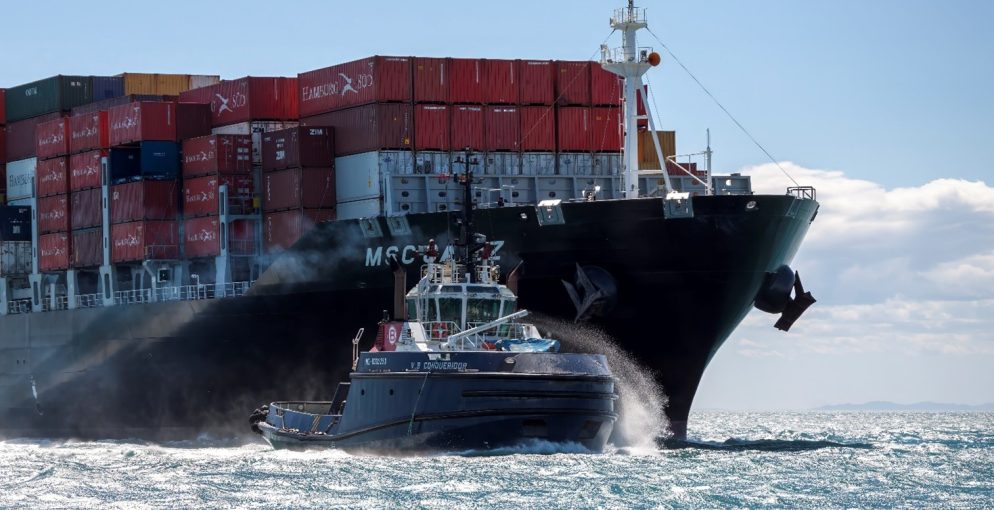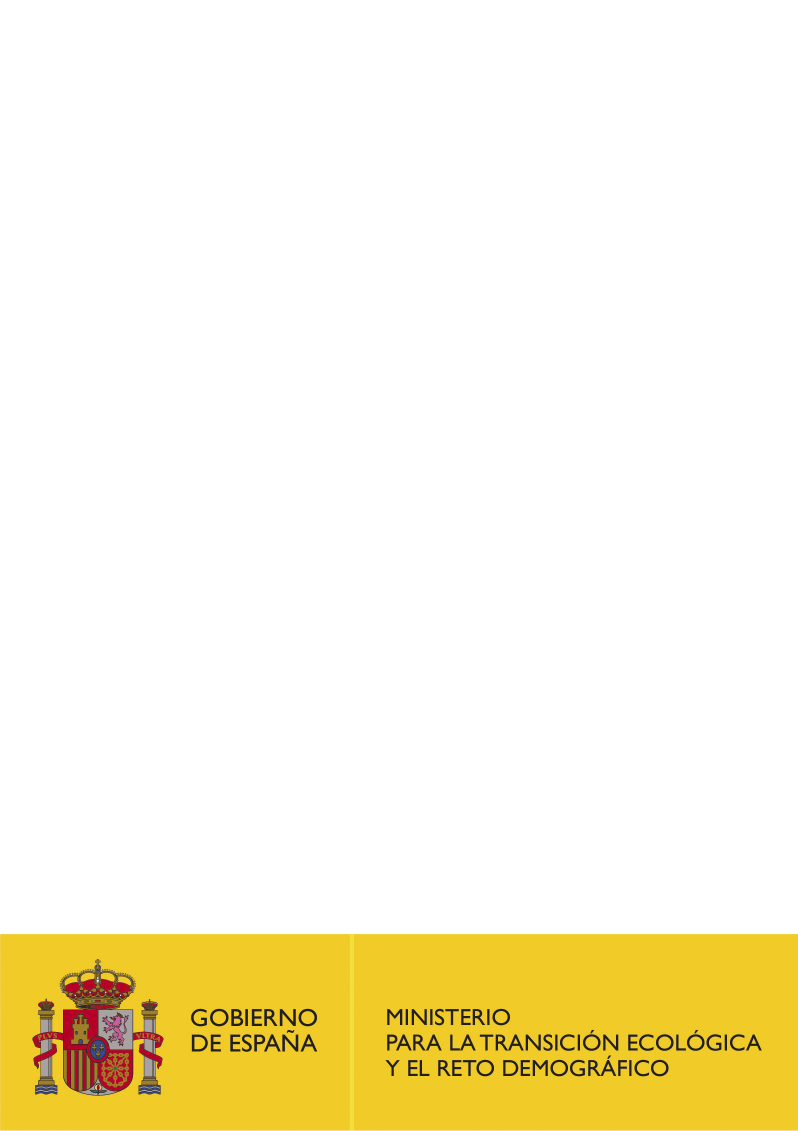Valencia, 12 June 2024. – With the ongoing increase in maritime traffic, a trend projected to continue, there has been a notable rise in incidents involving Harmful Aquatic Organisms and Pathogens (HAOP) in port areas. This concerning development underscores the growing need to address water safety and risk management in our crucial port regions.
In response to these challenges, the EU-funded Iliad project is making significant strides. Aimed at creating digital twins of the ocean (DTOs), Iliad integrates extensive data with a semantic, agnostic approach to facilitate interaction with real-world systems and models.
One of the pilot projects involves Fundación Valenciaport, SPA/RAC, and RAMANI conducting a risk assessment of invasive species. This assessment utilizes geospatial data on the ocean’s physical and biochemical conditions to better understand and manage the risks associated with increasing maritime traffic.
In this context, Fundación Valenciaport and SPA/RAC are currently seeking consultancy services through a two-phase call. The first phase focuses on delivering technical and scientific expertise to create a Non-Indigenous Species (NIS) and ballast water monitoring program, along with an early warning system for ports. This will be implemented at the Port of Sagunto, managed by the Port Authority of Valencia (Spain). The second phase involves identifying species in the outer breakwater of the Port of Sagunto. Proposals must be submitted electronically by June 28, 2024.
The developed program should be in line with the Integrated Monitoring and Assessment Programme of the Mediterranean Sea (IMAP) and the Mediterranean Ballast Water Management Strategy. It should also incorporate technology, modeling, and eDNA methods, while taking into account logistical and financial constraints.
For further details, please consult the Terms of Reference.


